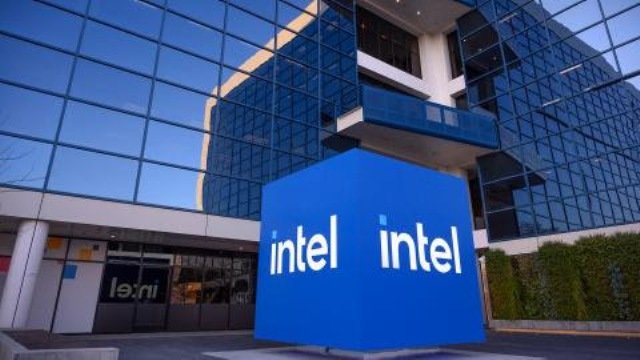Intel, the global technology leader, revealed a 15 percent drop in second-quarter revenue, amounting to $12.9 billion. Despite this decline, the company remains optimistic about its future, citing a new strategy focused on process and product technology, as well as foundry services.
 Breakdown of Q2 Sales:
Breakdown of Q2 Sales:
Client Computing Group (CCG): Generated sales of $6.8 billion (-12 percent)
Data Center and AI (DCAI): Achieved sales of $4 billion (-15 percent)
Network and Edge (NEX): Brought in $1.4 billion (-38 percent)
Mobileye: Reported $454 million in sales (-1 percent)
Intel Foundry Services (IFS): Witnessed an impressive growth, with sales reaching $232 million (+307 percent)
Betting on AI
Intel expressed confidence in the surging demand for AI products and services, stating that the increased interest has expanded its pipeline of business engagements for accelerator products, including Gaudi, Flex, and Max product lines. The company disclosed that the pipeline of opportunities through 2024 has surpassed $1 billion and is continuously growing, with Gaudi driving the majority of the demand.
Intel emphasized its commitment to democratizing AI by making it widely accessible across various workloads and usage models. The company aims to champion an open ecosystem, offering a comprehensive suite of silicon and software IP to drive AI adoption from the cloud to the enterprise, network, edge, and client applications. Intel believes that AI, along with other technologies, will underpin a $1 trillion semiconductor industry by 2030.
The company shared that more than 25 percent of Xeon data center shipments are now targeted for AI workloads, and the 1-millionth 4th Gen Xeon unit is expected to ship soon, primarily driven by growing data center business demands.
Intel Foundry Services (IFS)
Intel Foundry Services (IFS) is also positioning itself to capitalize on the flourishing AI market and the increasing need for a secure and diversified global supply chain. The company’s expansion into foundry services will likely contribute to its growth in this sector.
Manufacturing Expansions
Intel announced the selection of Wrocław, Poland, as the site for its new semiconductor assembly and test facility, involving an investment of $4.6 billion. Additionally, the company signed a revised letter of intent for a 30 billion euros wafer fabrication site in Magdeburg, Germany, showcasing its commitment to expanding its global manufacturing capabilities.
Stake Sale
In a strategic move, Intel agreed to sell approximately 20 percent of its IMS Nanofabrication GmbH business to Bain Capital Special Situations, with the transaction valuing IMS at approximately $4.3 billion. This move aims to enhance Intel’s financial flexibility and support its long-term growth plans.
Outlook for Q3 2023
Intel forecasts third-quarter 2023 revenue to be in the range of approximately $12.9 billion to $13.9 billion. The company remains focused on operational efficiencies and its Smart Capital strategy to support sustainable growth and financial discipline, as stated by David Zinsner, Intel CFO.
Despite the challenges in the second quarter, Intel’s CEO, Pat Gelsinger, remains optimistic about the company’s future, expressing confidence in the potential growth opportunities offered by AI and its open ecosystem strategy.
